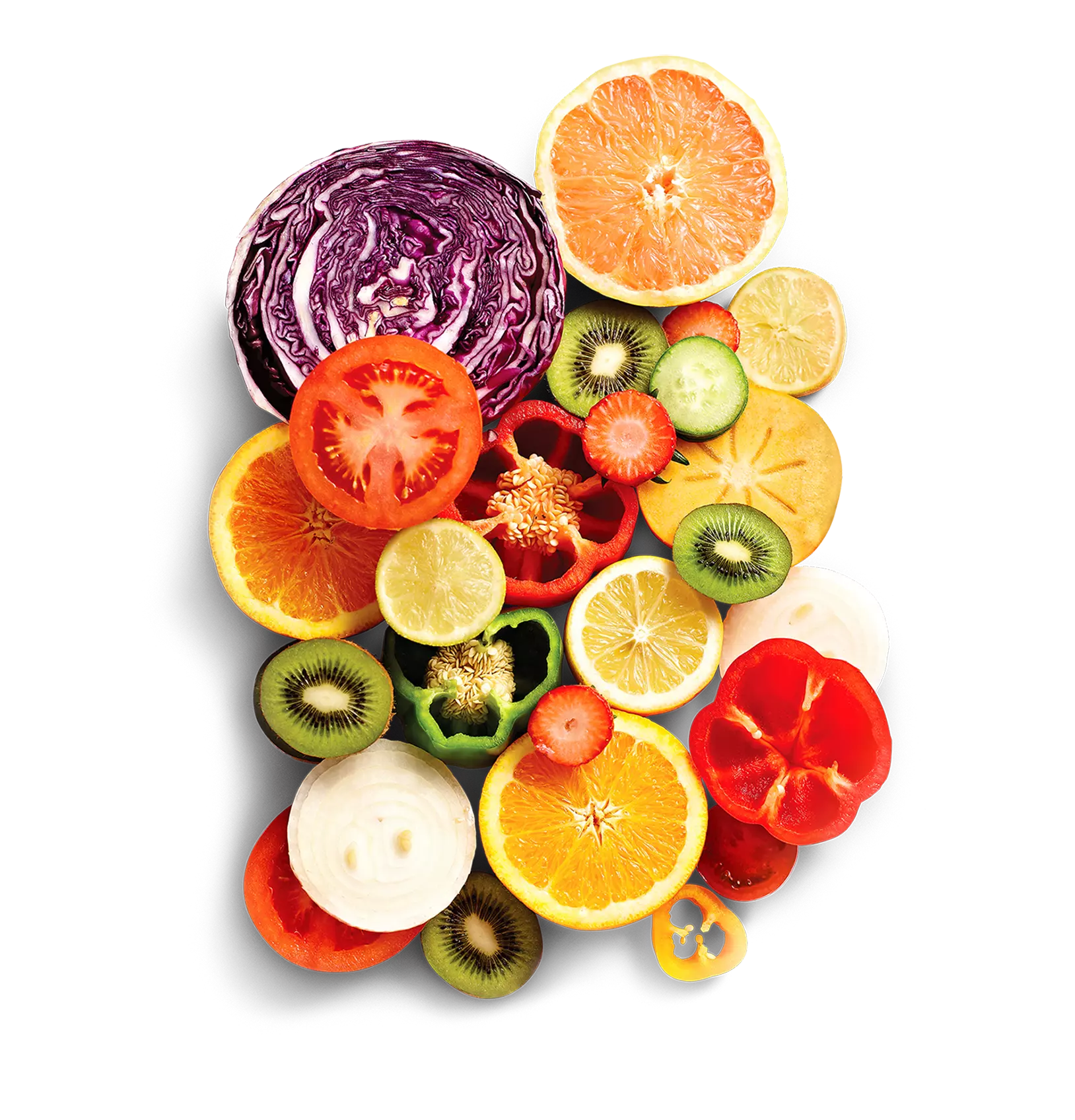Prioritize Sustainability in Your Food & Beverage Business
Prioritize Sustainability in Your Food & Beverage Business
Prioritize Sustainability in Your Food & Beverage Business
22 Apr 2020
 Aptean Staff Writer
Aptean Staff Writer 
Ten years ago, sustainability wasn’t a major priority for food and beverage enterprises, nor was it a focal point for consumers. Times have changed, however. The sustainable food movement, along with the increasing popularity of local and organic foods, is now a mainstay in the food and beverage market.
According to Tastewise, 23% of American consumers now make more food and beverage decisions based on sustainability considerations than they did a year ago, and these numbers are only expected to grow.
At this point, consumers have heard it time and time again: plastic straws are harmful to marine wildlife and plastic bags can take up to one thousand years to decompose. But that’s only half the story. More and more consumers are choosing brands that are using sustainable practices and organic ingredients, such as Clif Bar & Company and Annie’s Organic Foods. Knowing which food and beverage enterprises are implementing sustainable practices, meeting environmental regulations and compliances, and practicing forward-thinking policies throughout their organization are beginning to dictate consumer buying trends. To remain competitive and continue driving profitability, food and beverage businesses must jump on the sustainability bandwagon.
An enterprise resource planning (ERP) solution can help with this, particularly one that’s made specifically for the unique obstacles and opportunities in the food and beverage industry. An ERP can help with the following focus-points in terms of sustainability:
Food Waste – The The US Department of Agriculture says that in the United States, food waste accounts for an estimated 30-40% of the food supply. This is a constant balancing act for any food manufacturer: you don’t want to over-produce and waste food, but you don’t want to under-produce and risk not having enough product to meet customer demand. With a purpose-built ERP, you can use shelf-life management, inventory control, and production planning capabilities to help reduce food waste and maximize efficiency around material and ingredient usage.
When evaluating the amount of food waste your business creates, it’s valuable to determine where the waste is coming from—is it due to improper packaging, handling, spillage, transportation or spoilage? Or is it a combination of those? By performing a food waste audit, you can better measure and track where the food waste is occurring, how much is being wasted, and how you can reduce or eliminate those occurrences in future production.
Accurate forecasting also plays a key role in terms of food waste management. Forecasting tools use historical data and past trends to make predictions about future product demand. The more precise your forecasts are, the less chance there is of under- or over-stocking. Because an ERP is a single source of truth, having all your data in one place makes it easier to forecast accurately.
Global Footprint – Mitigating the amount of food waste your factory produces will not only save you money but lower your carbon footprint. We mentioned that about one-third of food produced goes to waste. According to worldwildlife.org, about 11% of all the greenhouse gas emissions that come from the food system could be reduced if food waste were stopped. Monitoring your waste in your factory is a real and impactful way that businesses can become more sustainable while fighting climate change.
Efficiency – IDC, a market research firm, found that companies lose 20-30% in revenue every year due to inefficiencies. This statistic becomes more critical when talking about food and beverage enterprises, as there’s a smaller margin of error when managing things like spoilage, expiration dates, and specific temperature controls. If there’s any part of the business that lacks efficiency, it threatens the whole enterprise.
An ERP that is made specifically for the food and beverage industry can increase efficiencies by eliminating manual processes, creating room for automation, and streamlining production processes.
Recipe Management – Consumers are now starting to ask, “What’s in this?”, and it is beginning to define consumer purchasing. As far as sustainability, there have been many trends in the food and beverage industry: plant-based protein, alternative milks, organic vs. synthetic, and everything in between. Consumers want to be assured that what they’re eating and drinking is both good for them and the environment.
An Aptean food and beverage ERP can help you manage your recipes and track for consistency throughout R&D trials and integrate new ingredients into your recipes. An ERP can also help you track your product to ensure consistency in each batch for existing recipes and formulas, making the production process as efficient and effective as possible.
Sustainability will define the food and beverage industry in the upcoming years. A food ERP from Aptean can support your business’s sustainability efforts. Get ahead of the curve and let Aptean help.
To learn more about Aptean food and beverage ERPs, reach out to us. We’d love to talk.
Sind Sie bereit, Ihr Unternehmen grundlegend zu verändern?
Wir bieten Ihnen die spezialisierten ERP-Lösungen, die Sie für die Herausforderungen Ihrer Branche benötigen.



